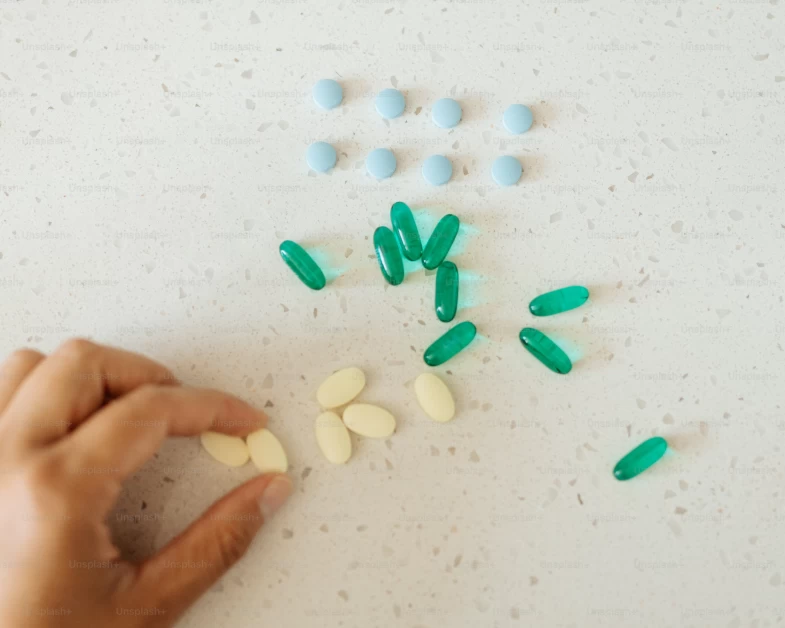Table of Contents
Bed sores, also known as pressure ulcers or pressure sores, are injuries to the skin and underlying tissue caused by prolonged pressure on a particular area of the body. They most commonly occur in people who are bedridden, wheelchair-bound, or have limited mobility, as well as in those with poor circulation, thin skin, or a history of skin injuries.
Bed sores can develop anywhere on the body, but they most often occur over bony areas like the hips, tailbone, heels, and ankles. They can range in severity from mild redness and irritation to deep wounds that expose underlying tissue and bone. In this article, we will explore the use of Manuka honey as a natural remedy for treating bed sores.
What is Manuka Honey?
Manuka honey is a unique type of honey that is derived from the nectar of the Manuka tree (Leptospermum scoparium), which is native to New Zealand. This honey is known for its exceptional antibacterial properties, thanks to the presence of a compound called methylglyoxal (MGO). Manuka honey with a higher MGO concentration is considered to have stronger antibacterial activity.
How Does Manuka Honey Help with Bed Sores?
Manuka honey has several properties that make it beneficial for treating bed sores.
1. Antibacterial Activity
One of the key benefits of Manuka honey is its potent antibacterial activity. The high levels of MGO in Manuka honey help to inhibit the growth of bacteria, including antibiotic-resistant strains. By reducing the bacterial load in the affected area, Manuka honey can help prevent infection and promote healing.
2. Anti-inflammatory Properties
Inflammation is a common response to injury or infection, and it plays a role in the development and progression of bed sores. Manuka honey has been found to have anti-inflammatory effects, which can help reduce swelling, redness, and pain associated with bed sores.
3. Moisture Retention
Keeping the affected area moist is crucial for the healing of bed sores. Manuka honey has hygroscopic properties, meaning it can draw moisture from the environment and retain it in the wound. This moisture-retaining ability creates a favorable environment for wound healing and prevents the formation of scabs or crusts that can impede the healing process.
4. Promotes Tissue Regeneration
Manuka honey contains various bioactive compounds that can stimulate tissue regeneration and wound healing. It provides a source of nutrients and growth factors that support the growth of new tissue and blood vessels. Additionally, Manuka honey has been shown to enhance collagen production, which is essential for wound closure and tissue repair.
How to Use Manuka Honey for Bed Sores
When using Manuka honey for bed sores, it is important to choose a high-quality, medical-grade honey with a certified MGO rating. Here is a step-by-step guide on how to use Manuka honey for bed sore treatment:
-
Clean the Affected Area: Before applying Manuka honey, clean the bed sore with mild soap and warm water. Gently pat the area dry with a clean towel.
-
Apply Manuka Honey: Take a small amount of Manuka honey and apply it directly to the bed sore. Spread a thin layer of honey evenly over the wound, ensuring complete coverage.
-
Cover the Wound: Once the honey is applied, cover the bed sore with a sterile dressing. This will protect the wound from external contaminants and keep the honey in place.
-
Change Dressings Regularly: It is important to change the dressings regularly to maintain a clean and moist environment. Follow the recommendations of your healthcare professional regarding the frequency of dressing changes.
-
Monitor Progress: Keep a close eye on the healing progress of the bed sore. If you notice any signs of infection, such as increased redness, swelling, or pus-like discharge, seek medical attention immediately.
-
Continue Treatment: Continue using Manuka honey until the bed sore has completely healed. Depending on the severity of the wound, this may take several weeks or even months. Remember to consult with a healthcare professional for guidance on the duration of treatment.
Precautions and Considerations
While Manuka honey is generally safe for most individuals, there are a few precautions and considerations to keep in mind:
-
Allergies: Some individuals may be allergic to honey, including Manuka honey. If you have a known allergy to honey, it is best to avoid using Manuka honey for bed sore treatment.
-
Quality and Authenticity: Ensure that you are using high-quality, genuine Manuka honey with a certified MGO rating. Look for reputable brands and check for quality certifications to ensure that you are getting the real deal.
-
Diabetes: If you have diabetes, it is crucial to monitor your blood sugar levels when using Manuka honey. While Manuka honey has a lower glycemic index compared to regular honey, it still contains natural sugars that can affect blood sugar levels.
-
Consult with a Healthcare Professional: If you have any underlying health conditions or are taking medications, it is important to consult with a healthcare professional before using Manuka honey for bed sore treatment. They can provide personalized advice and ensure that there are no contraindications or interactions with your current treatment plan.
Conclusion
Manuka honey is a natural remedy with remarkable properties that make it an effective treatment for bed sores. Its antibacterial, anti-inflammatory, and wound-healing properties can help prevent infection, reduce inflammation, and promote tissue regeneration. When used correctly and under the guidance of a healthcare professional, Manuka honey can be a valuable addition to the treatment plan for bed sores. Remember to choose a high-quality, medical-grade honey and follow proper wound care protocols for best results.



